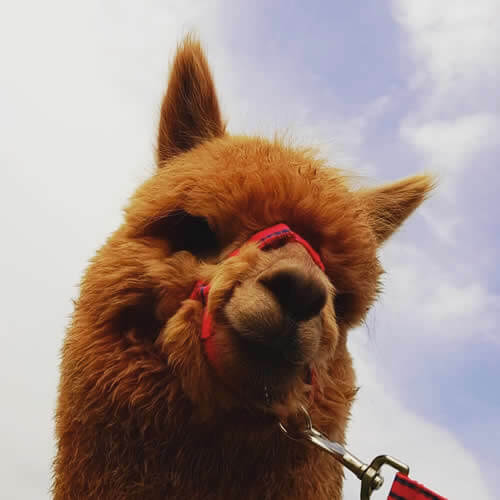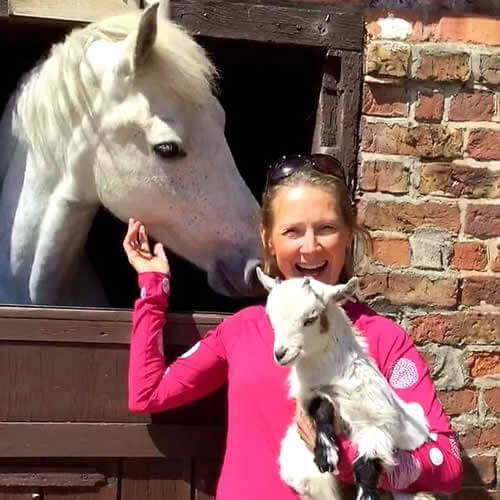
|

What is it about animals?

"Unlike society, animals are not judgemental and sharing a moment of calm with those animals can give people a little oasis.” - Prof Noel Fitzpatrick.
Interacting with friendly animals has been shown to decrease levels of cortisol (one of the major stress hormones), increase levels of Oxytocin (the 'feel good' hormone), and lower blood pressure. In addition,animals can reduce loneliness, increase feelings of social support, and boost mood and wellbeing. Research which focuses on the relationships we develop with animals suggests that we can all benefit from interactions with our furry (or not so furry) friends. The positive effects of interacting with animals on child development is well documented and has been shown to assist progress with those with autism, attention deficit hyperactivity disorder and also children and young people who have suffered from adverse childhood experiences or trauma.
Animals accept us for who we are; they are non-judgemental and allow us the opportunity to put aside the masks we may put on to show to the outside world and to be our authentic selves. Being with and learning about animals helps us learn about caring for others as well as caring for ourselves; it helps in the development of trust and creates opportunities for meaningful language, connection and communication. By observing and understanding the responses of prey animals to perceived danger we can consider our own behaviour and learn about our fight-flight-fawn-freeze response.
|
|
What are the benefits of working therapeutically with horses?

Equine facilitated therapeutic learning has many benefits, improving mental and physical wellbeing in a number of ways. It can help all types of people, including those who are usually hard to engage. Here are some of the ways it can help...
Interacting with horses provides plenty of opportunities to explore, learn and grow. Overcoming obstacles and facing fears, whether small or large, contribute to a sense of achievement and a boost to self esteem.
Horses are sentient. The reactions of the horses helps to highlight how we react when faced with different situations, giving us greater self-awareness and the chance to explore alternative behaviours.
Building a partnership with a horse allows us to practise the skills we need for forming and maintaining relationships with other people. Trust, empathy, negotiation, compromise and boundary setting are all part of healthy relationships and working with equines can help to explore these areas.
Horses are non-verbal and use their body language to connect and communicate with each other and with humans. By examining their non-verbal cues we can examine and improve our own ways of communicating and understanding others.
Horses give us the opportunity to experience non-demanding physical contact and is accessible to all. Just being around horses and stroking and grooming them can reduce stress levels and increase a sense of wellbeing. A calm and peaceful environment serves to decrease anxiety.
Working with a horse on the ground develops body awareness, focus and coordination. Groundwork and riding use both sides of the body, as well as different parts of the body simultaneously, requiring balance and precision.
The responsibility of caring for a horse, and putting its needs first, encourages a nurturing approach. United by looking after the horses, group participants appreciate the importance of looking after each other and themselves, and of working as a team to complete tasks.
All of the above benefits and skills are valuable in themselves and are also transferable to clients’ wider lives. This work can help people with the challenges of everyday life, coping better with social situations including school and work, and in relationships.
|

|